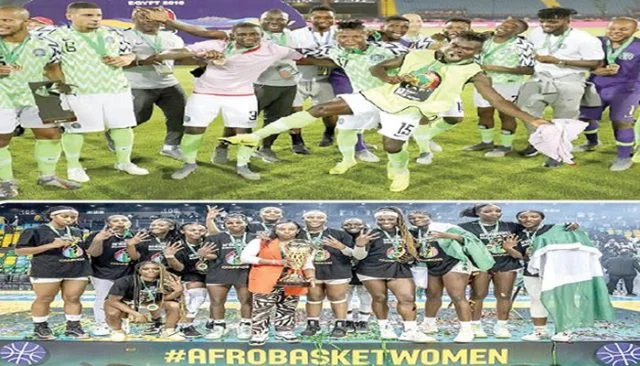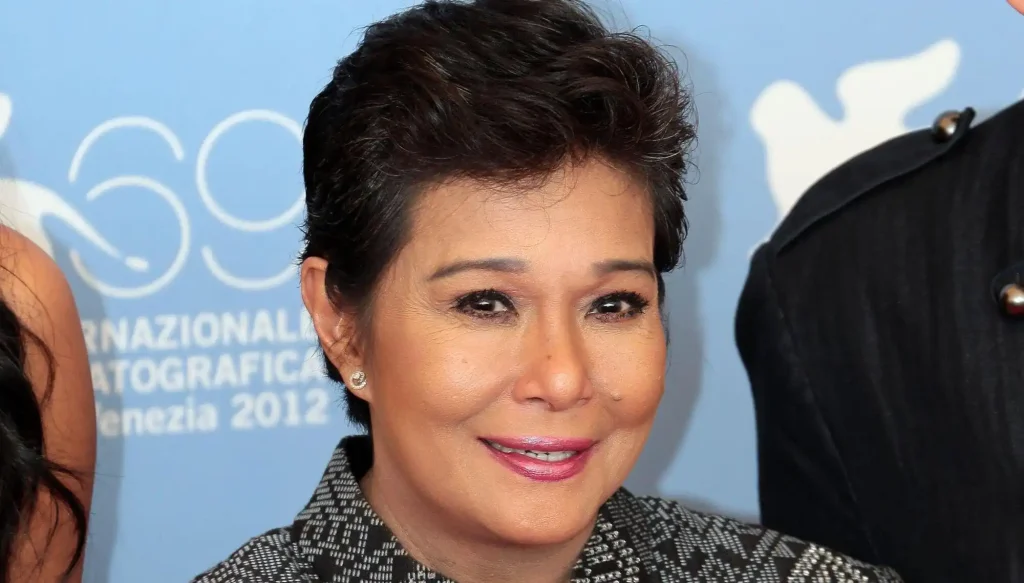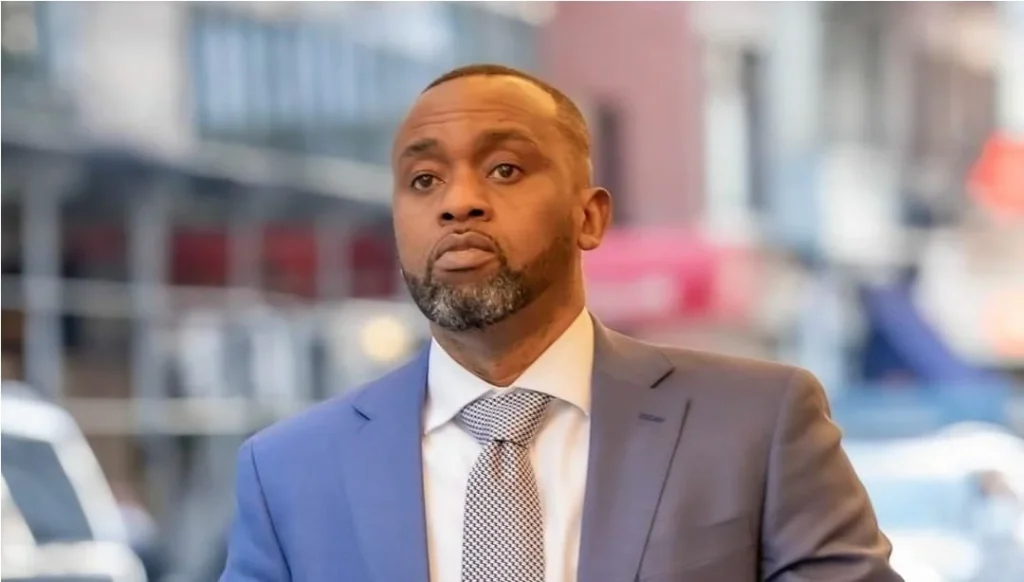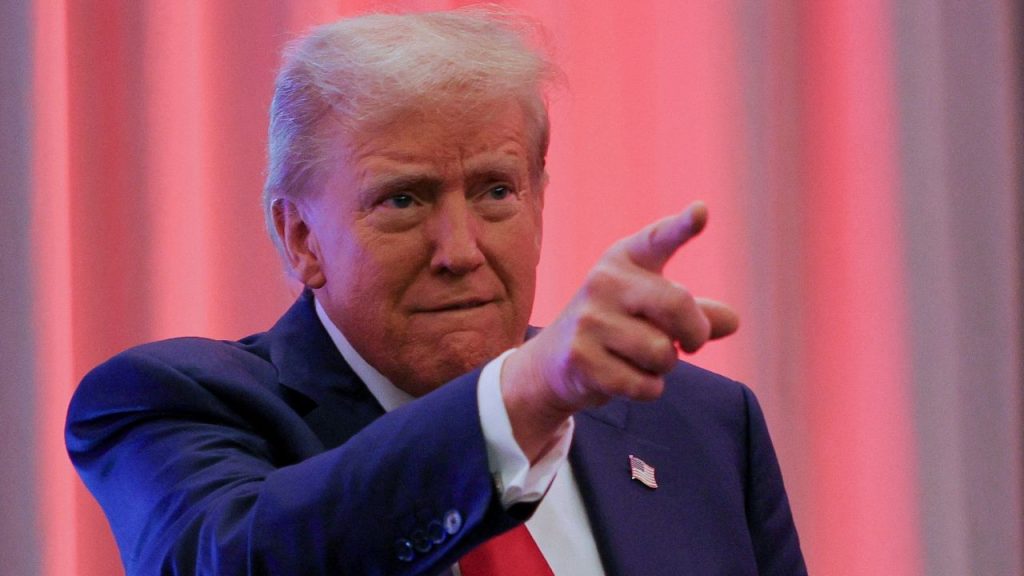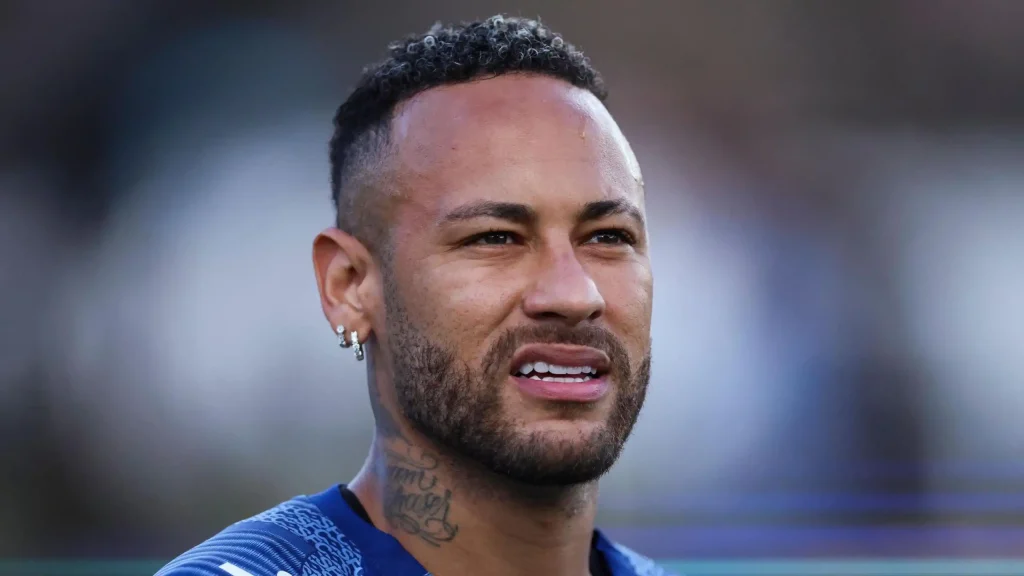In Nigeria, athletes competing in sports other than football often face significant challenges despite their achievements. Unlike their football counterparts, who receive substantial financial support and lavish treatment, athletes in “lesser sports” like boxing, swimming, athletics, and table tennis struggle for recognition and resources. These athletes continue to deliver impressive results at national and international events, yet they remain sidelined in funding and policy prioritization.
For boxer Afeez Osoba, a five-time national champion and medalist at the African Games, the goal of competing in the Tokyo Olympics was within reach. However, his dreams were dashed when the Nigerian Boxing Federation (NBBF) cited a lack of funds to sponsor his trip to the qualifying tournament. Despite his national success and readiness, he was left without a chance to compete for Olympic glory. Such setbacks are common among Nigerian athletes in non-football sports, where limited funding hinders their potential and aspirations.
While football enjoys robust financial backing from both the government and private sponsors, with the Super Eagles receiving significant rewards even for preliminary victories, athletes in other sports face an uphill battle. For instance, each Super Eagles player was awarded $37,500 for a single match victory at the 2019 Africa Cup of Nations, plus additional bonuses from sponsors and state governments. Such incentives contrast sharply with the modest support other sports receive, despite their successes. Nigeria’s national basketball team, D’Tigress, won their fourth consecutive Women’s AfroBasket title in 2023, yet they struggled for support and even faced a temporary ban due to internal conflicts within the Nigeria Basketball Federation (NBBF).
The neglect extends across multiple sports, where athletes like track star Tobi Amusan have achieved historic feats without adequate support. Amusan, a world record holder in the 100m hurdles, took a $50,000 loan to prepare for the 2022 World Championships. Despite her accomplishments, she faced minimal assistance from the Athletics Federation of Nigeria (AFN) and only received attention after her record-breaking success.
Beyond athletics, sports like swimming and table tennis remain underdeveloped, although they offer considerable medal potential. Nigeria’s vast water resources could serve as a foundation for a thriving swimming culture, yet the sport remains overlooked. Swimmer Ifiaezibe Gagbe, who won multiple medals at the National Sports Festival, criticized the lack of investment in swimming facilities, noting poor pool conditions and infrequent competitions. Similarly, table tennis has produced global talent, but promising players face funding barriers that hinder their growth and ability to compete internationally.
Historical neglect also affects sports with once-thriving scenes, like tennis. Nigerian tennis legends like Nduka Odizor and Sadiq Abdullahi competed on the world stage in the 1980s but lacked the sustained investment to continue that success. Today, Nigeria struggles to maintain its status among Africa’s elite tennis nations, while countries like South Africa and Tunisia have advanced significantly.
Lesser sports’ athletes not only need adequate support to reach their full potential but also deserve recognition for their contributions to Nigeria’s international sports achievements. Countries that excel globally prioritize multi-sport investments, recognizing that success across diverse sports elevates a nation’s profile on the world stage. To bridge this gap, Nigeria must adopt a balanced funding approach that values sports beyond football, supporting athletes in other disciplines who consistently bring honor and medals to the country.
If the Nigerian government and private sector shift their focus to support these “lesser sports” adequately, the nation could see a significant rise in its global sports standing, much like countries that have diversified their investments. This approach could spark a renaissance in Nigerian sports, enabling talented athletes across all disciplines to shine and contribute meaningfully to the country’s legacy.

